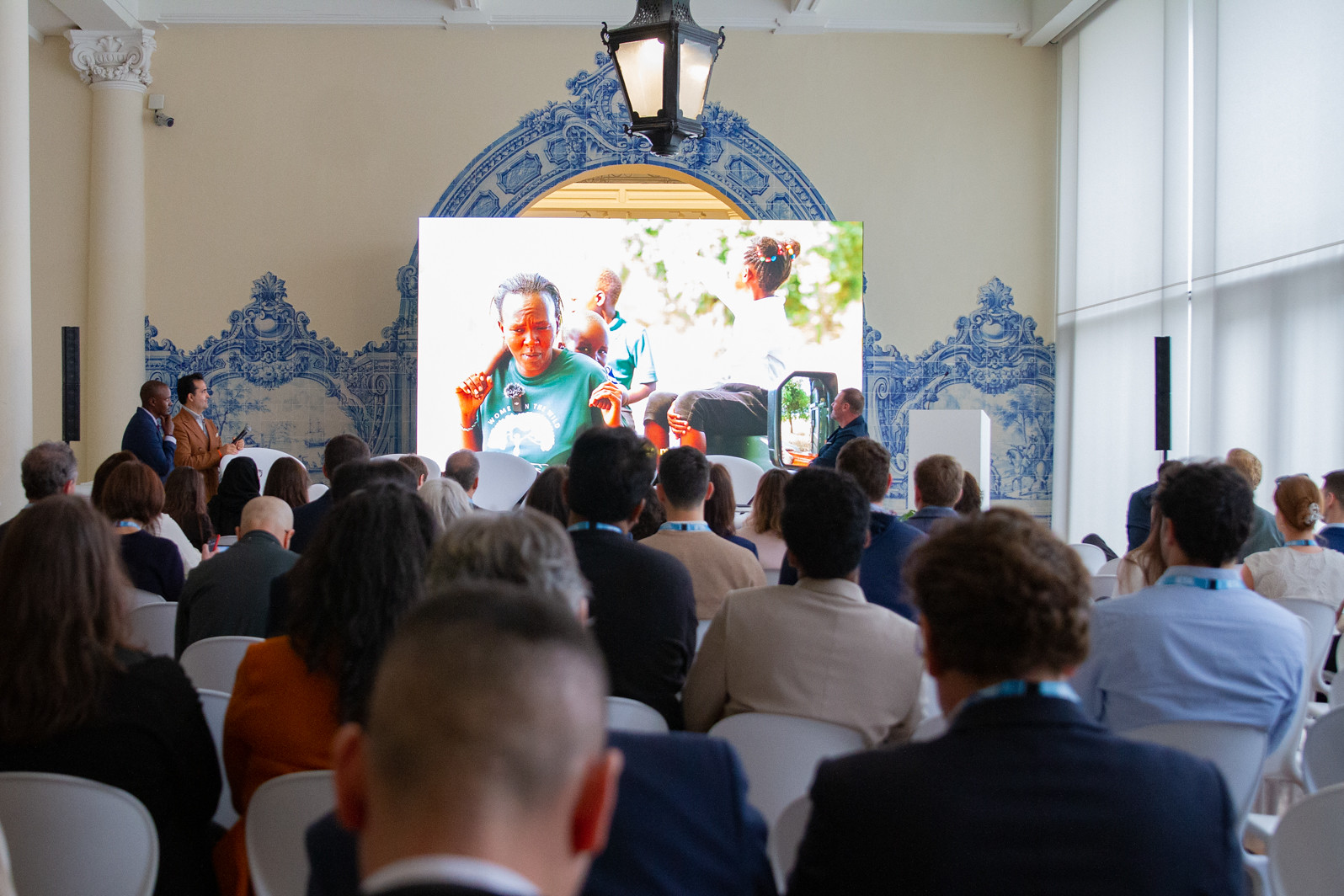Why nature-based solutions must not be left behind: A report from the IETA European Climate Summit 2025

Photo: IETA
At last week’s IETA European Climate Summit in Lisbon, one theme rang clear: we need to scale all climate solutions, fast. As António Guterres said in a notable 2023 statement, still powerfully relevant today, it must be “everything, everywhere, all at once.” And yet, several speakers voiced concerns that nature-based solutions (NBS) risk being sidelined in the race to scale engineered removals.
While policy and private finance increasingly prioritise permanent, engineered carbon removals, participants at the Summit urged decision-makers not to overlook the potential of nature to deliver real, measurable climate mitigation today. “Nature is available now. We need long-term solutions, but we also need action in the short term, and that’s where nature comes in.”
Read more
Related articles for further reading
Rethinking policy: nature and tech need each other
In sessions on EU policy, including the Carbon Removal Certification Framework (CRCF) and the green claims directive, several speakers raised concerns that proposed rules risk limiting demand for high-quality nature-based credits. Some versions of the claims directive, for instance, could restrict the use of nature-based removals by requiring fossil emissions to be matched only with engineered removals. Participants argued that this binary approach does not reflect the science or the urgency of the climate challenge.
Other contributors echoed the need for a more integrated approach. One participant noted that “ecosystems like the Amazon have existed for millions of years” and should be recognised for their long-term carbon storage. Another warned of the risk of fragmenting the market by reinventing methodologies rather than building on what already works: “This is not the time to reinvent everything. We need simplification, integration, and scalability.”
“We must stop treating nature as temporary and start valuing its true durability.”
Trust, transparency, and investment
Alongside questions of durability, market actors stressed the need for investment in robust monitoring, reporting, and verification (MRV) systems that can accurately track nature-based carbon removals. We heard from project developers working on the ground in East Africa who are already using technology and data systems to trace every tonne of carbon from seed to credit. This level of end-to-end traceability is essential to rebuilding confidence in the voluntary carbon market and ensuring that credits genuinely reflect real-world impact.
Speakers also reflected on the erosion, and rebuilding, of trust in the voluntary carbon market. One contributor pointed to recent scandals and the need for a stronger “institutional architecture” to support scale, quality, and professionalism. Another noted that companies are no longer investing in carbon credits for reputational reasons alone: “The conversation has shifted from goodwill to business case.” This shift makes clarity, integrity, and co-benefits more important than ever for nature-based projects seeking sustained private finance.
CORSIA and near-term demand
The aviation sector’s offsetting mechanism, CORSIA, was also discussed as a near-term driver of demand for high-quality credits. While current supply remains constrained, speakers highlighted the importance of ensuring integrity in eligible credits, including those from nature-based projects. Mechanisms like insurance for corresponding adjustments and clear labelling are being developed to bolster confidence in credits used under CORSIA, further underscoring the need for robust, verifiable nature-based solutions in the market mix.
Yet as some EU policy proposals adopt a rigid view of quality and permanence, favouring engineered over nature-based approaches, there is a risk of undermining the finance that nature-based projects need now. As one panellist put it, “You can’t build the removals market of the future while starving the one we already have.”
A call to action
The consensus in Lisbon was clear: we need all tools on the table. That means scaling up engineered removals, but not at the expense of nature. NBS are ready, and they bring co-benefits that engineered solutions cannot. Climate, nature, and people all stand to lose if we get this wrong.
The message to policymakers: don’t let nature fall through the cracks. It’s ready now.
